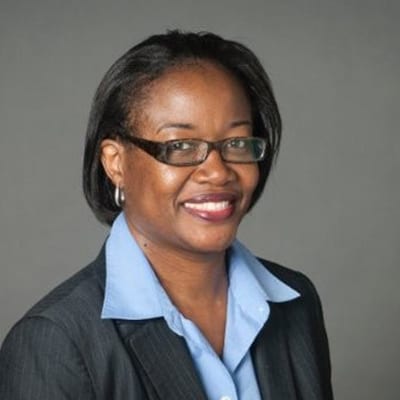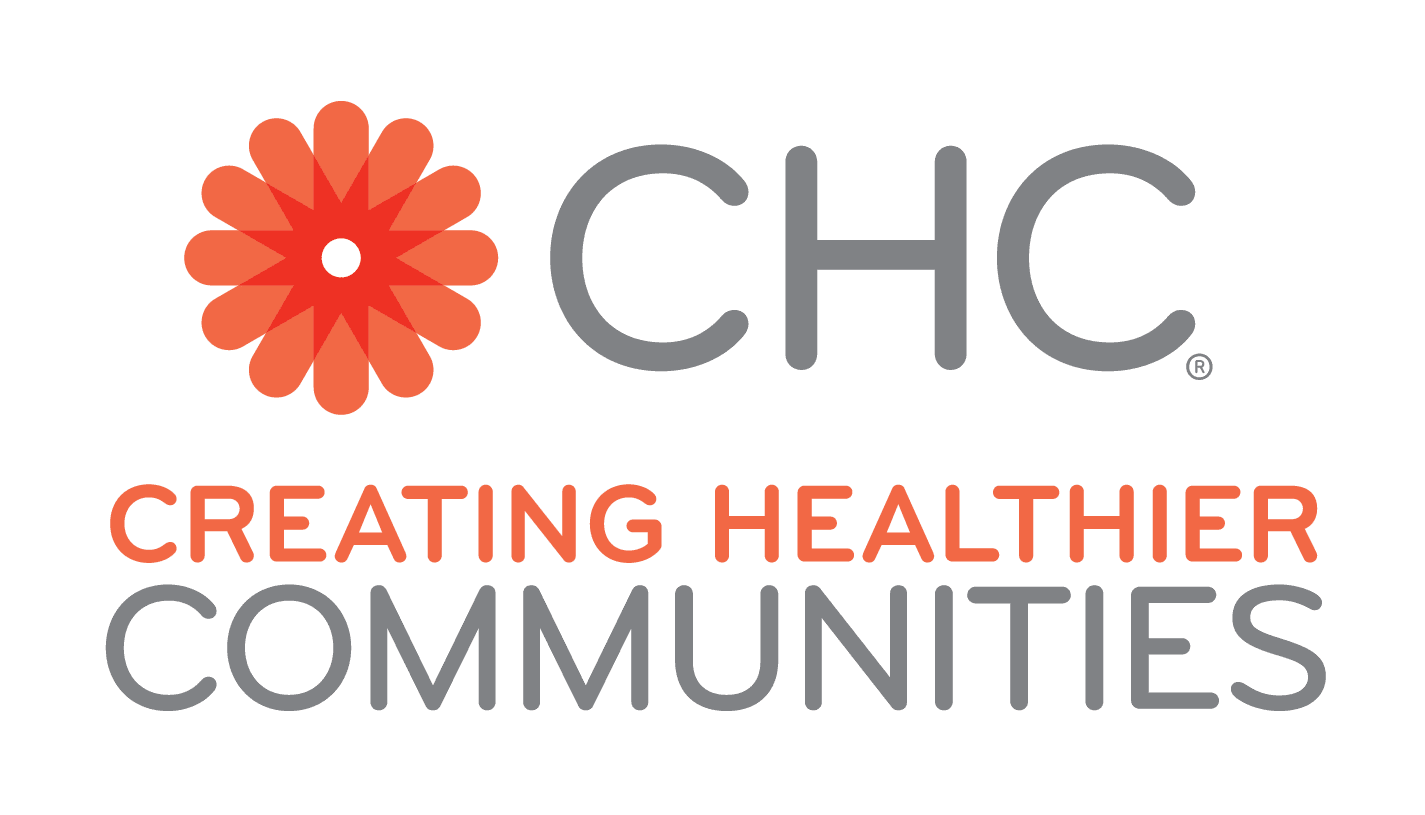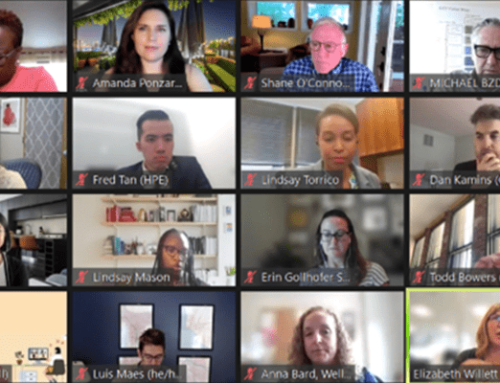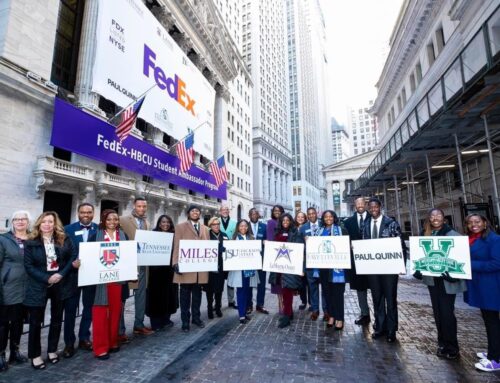How to Transition Your Giving Platform
By: Dezarie Mayers, Director, Global Health & Social Impact, Pfizer Inc
I recently completed my fourth major giving platform transition for Pfizer and understand how time-consuming and challenging these transitions can be, requiring careful strategy, planning and integration. That’s why I’m sharing my learnings, tips, and a general timeline for a smooth transition.
When considering a transition to a new platform – whether for employee workplace giving, grants, volunteering, or other needs – I recommend starting your due diligence 12-18 months in advance.
Transition planning/setting the stage
- First, identify the overarching goals and objectives of your programs.
- Be clear on where you would like to see your program in the next 3-5 years.
- Include goals and operational asks in a thoughtful request for information.
- Make a list of the solutions vendors currently available and determine which you would like to hear from. Review no more than 7 or 8.
- Always include your current partner when possible.
- Engage internal partners (Legal, Compliance, Procurement, Business Technology/IT) and make them a part of the discussion early on.
- Be clear on the evaluation process.
- Set a timeframe for vendors to respond and manage expectations by developing a clear plan on when information is due; the review presentation; and final decision.
Request for information
- Finalize request for information and share with the list of potential vendors.
- Allow up to 2-3 weeks for vendors to respond.
- Be prepared to answer clarifying questions on proposal.
- Schedule recurring meeting to review material/make decision, etc.
Post request for proposal/information
- Identify a core team to review vendor responses.
- Create an evaluation chart for each reviewer to rate the response by section.
- Decide which vendors will be invited to present and notify vendors of your decision.
- Evaluate presenting vendors and narrow your list to 2.
- Notify those finalists.
- Be prepared to provide feedback to vendors who are not moving forward in your process.
Decision making process
- Ask yourself, can this vendor deliver the programs as designed?
- How flexible is your company in program design? Be ready to make some adjustments. Are you ready to transition from a typical campaign during a set time of year to year-round payroll giving?
- Is the company ready to transition to a donor advised fund disbursement structure and is your audit team comfortable with that?
- What level of transparency do you need to make internal audit comfortable?
- When can the new vendor launch your program? The more time you have to get it right, the better. I recommend 12-18 months or more to complete a vendor transition.
- Prior to notifying the finalist vendor, you must ensure that service agreements are shared to ensure compliance with all terms outlined in required agreements.
- Determine when to notify your existing legacy vendor and how to transition.
- Ensure all security testing requirements are met.
Post decision
- References from the new vendor are important. Do the due diligence. Talk with others in your network who have gone through a platform transition.
- The most ideal start time for new platform launch is the beginning of a calendar year.
- If you must transition mid-year, be clear on the differences between platforms and ensure a clear path forward. Consider the impact of pending transactions or upcoming payroll commitments and potential disruption in payment schedule.
- Decide whether you are transferring historical information to be accessible on your new platform. If you are including historical information, transfer once.
- Work with your legacy vendor to continue to manage current year transactions. Once all transactions are completed, transfer that historical information.
- Develop a thorough communications plan. Determine what information to communicate, to whom and when. Consider notifying nonprofit partners who have received funds from your programs in past 12-24 months, as well as program participants. Include information that addresses how to access historical information, how the change will impact them and highlight any important program changes.
- Ask yourself what type of metrics will help you to be successful in your new platform.
- Work with your legacy vendor to close out pending transactions, stale checks and returned funds and close bank accounts.
- Develop a plan or agreement to address work post contract expiration, especially if dealing with bank accounts.
- Most importantly, be transparent on where your employees should go for help.
This guidance has served me well in my platform transition and I hope it is helpful to you as well.

Dezarie Mayers, Director, Global Health & Social Impact, Pfizer Inc
Dezarie is director of colleague programs at Pfizer where she is responsible for providing strategic leadership for Pfizer’s colleague community engagement portfolio. She is an accomplished professional with proven success in leading cross functional team to complete and execute vendor assessment, transition and configuration; thought leader in volunteer engagement, stakeholder relationship, vendor management and budget management.
Dezarie has served as Secretary of The Pfizer Foundation where she worked closely with senior leaders to strategically deliver on Foundation’s mission and priorities.
Dezarie is the proud recipient of the W.E. Upjohn Award for Innovation for the development of an employee giving portal which introduced online giving to the Pfizer community.
Dezarie represents Pfizer on Points of Light Corporate Service Council, Association of Corporate Citizenship Professionals (ACCP), United Way Worldwide Global Corporate Leadership Council, the Corporate Volunteers of New York Council and is co-chair of CHC Corporate Leadership Council. She is a member of Pfizer PAC Steering Committee and an active member of Pfizer’s Colleague Resource Groups including Global Black Community, Veterans in Pfizer, and Pfizer Women’s Resource Group at Pfizer.
Dezarie is a veteran of the armed services where she served eight years in the United States Army Reserves including six months in Kuwait and Saudi Arabia during Desert Storm and Desert Shield. She is a recipient of numerous Army Commendation awards.







